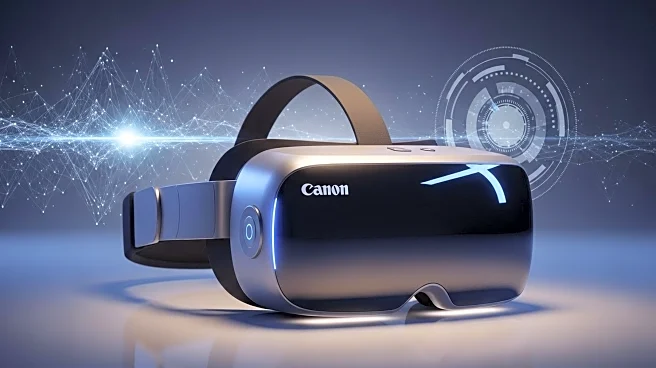What's Happening?
In 2025, significant shifts in AR hardware and platforms are set to change how phones, privacy, and apps function. Meta has launched the Ray-Ban Display at a starting price of $799, offering a consumer-friendly entry point into AR technology. Apple is accelerating its development of iPhone-paired smart glasses, targeting a 2026 launch. These developments highlight a trend towards more accessible and integrated AR experiences, with new input methods like neural wristbands enhancing usability.
Why It's Important?
These advancements in AR technology represent a pivotal moment for consumer electronics, potentially redefining how users interact with digital content. The focus on privacy and new control methods could lead to more discreet and user-friendly AR applications. As major companies like Meta and Apple invest in AR, the technology is poised to become a mainstream consumer category, influencing daily tech use and app development.
Beyond the Headlines
The integration of cameras and health sensors in AR devices raises privacy concerns, prompting discussions about data collection and user consent. The evolution of AR technology could lead to new ethical and regulatory challenges, as companies balance innovation with privacy protection.









